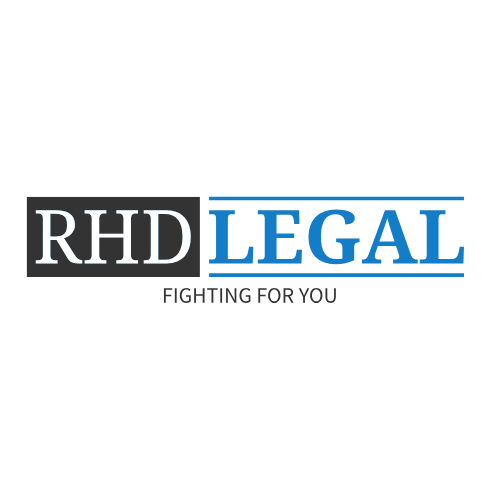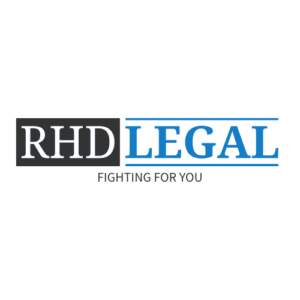Medical Bills: Billed vs Paid
Navigating the financial aftermath of a car accident can be incredibly daunting. Typically, if you’re injured due to someone else’s negligence, you can seek compensation for your medical bills through either a settlement or a court judgment.
However, a significant change occurred in North Carolina in late 2011 with the introduction of the Billed Versus Paid law, also known as Rule 414. This law restricts the evidence that can be used to prove past medical expenses, allowing only the amount actually paid to satisfy the bills to be presented, regardless of who paid. Additionally, it requires proof of the necessary amount to cover any outstanding medical bills. This rule often comes into play when health insurance companies negotiate discounts on medical treatments for accident victims.
Understanding this information can be quite confusing. If you have any questions about Billed vs. Paid, please speak with one of our North Carolina lawyers or call us at (919) 246-4001.
Impact on Personal Injury Claims
While the distinction between billed and paid medical expenses might seem minor, it has significant implications for personal injury claims. This law ensures that the at-fault party benefits from the injured person’s health insurance coverage. Many argue that this rule is unfair and detrimental to accident victims. Limiting evidence to the actual amount paid or owed reduces your ability to recover damages in North Carolina, both for medical expenses and for pain and suffering.
This rule represents a major shift in how medical evidence is presented to support damage claims in settlement negotiations and trials.
How Rule 414 Influences Damage Recovery
Rule 414 affects your ability to recover damages because your health insurance covers your medical expenses. Why is this important? Health insurance companies negotiate lower prices for medical treatments compared to what an uninsured individual would pay.
Health insurance companies and medical providers negotiate rates to ensure affordable care. Hospitals and providers offer discounts to insurance companies to attract more patients. Consequently, insurance companies rarely pay the full price for medical treatments; they often pay reduced, pre-negotiated rates.
A Hypothetical Example
Consider James who was injured in an accident and incurred $15,000.00 in hospital bills. When James uses his insurance, the hospital bills his health insurance, which only pays $3,000.00 due to pre-negotiated discounts. Although James medical expenses total $15,000.00, he can only present the $3,000.00 paid by his insurance to the at-fault party’s insurance company. This example demonstrates how Billed Versus Paid works.
As illustrated, Rule 414 significantly affects accident victims in North Carolina. It limits the evidence you can present in a personal injury claim, impacting your ability to recover full damages. Therefore it is important to contact an experienced personal injury attorney to ensure that your claim is presented in a way to get as much as possible. Don’t wait, contact us today!



